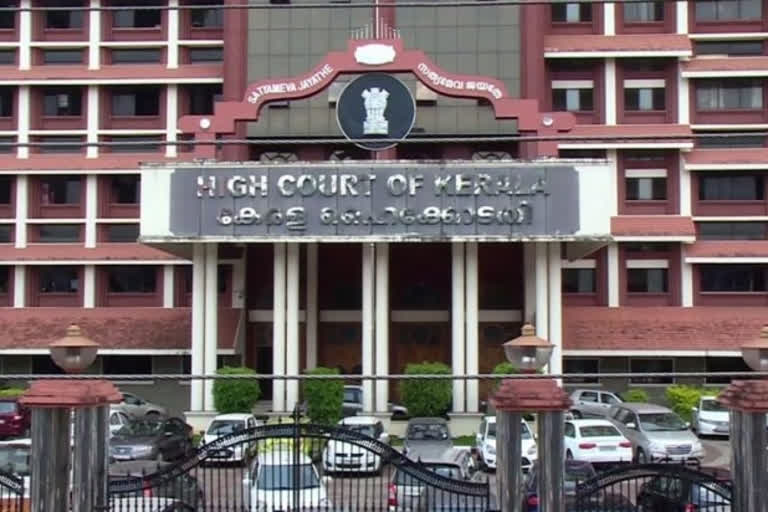Kochi: The Kerala High Court has come to the aid of the family of an endosulfan victim, who died at the age of 11 years, by asking the state government to write off the loans availed for her treatment, saying neither the State nor the court can be oblivious to plight of such persons and their kin.
Justice V G Arun said that in such cases the 'parens patriae' (paternal and protective role) doctrine should be applied and under that the State has the inherent power and authority to provide protection to persons 'non-sui-juris' (someone who lacks the legal capacity to act on his or her own behalf) such as minors, insane and incompetent persons as well as persons rendered helpless due to calamities.
The court said that in the instant case, as duty and responsibility were concomitant to power and authority, the State was bound to provide solace to the family "by going the extra mile". "Neither the State nor this Court can pretend to be oblivious of the plight of the endosulfan victims and their families in Kasaragod," Justice Arun said in his order of December 13.
As a significant portion of the loan amount was not being waived since it was availed post June 30, 2011 and also since it was availed by the maternal grandfather, the court said, "Such objections are insignificant when compared to the suffering undergone by the victim and her family." Ann Mariya, born in June 2005 with 80 per cent mental retardation and multiple disabilities that rendered her immobile, was one of the thousands of victims of endosulfan use between 1978 to 2001 in 11 villages of Kasaragod district of Kerala.
Till her death in April 2017, her mother and maternal grandfather struggled to provide medical aid to her and towards that also availed loans of Rs three lakh loan from Canara bank and Rs 69,000 from SBI. When the banks sought repayment of the balance loan amount of Rs 2.03 lakhs, the family approached the Kasaragod District Collector for writing off of the same in terms of a 2014 government order introducing a debt waiver scheme for endosulfan victims.
While the Collector sent a report to the Chief Minister in 2016 informing about the decision to write off the balance loan amount, the family was informed in 2017 that only loans availed before June 30, 2011 would be considered for waiver under the scheme and therefore, only Rs 88,400 can be waived. With the banks issuing notices demanding repayment, the victim's mother and maternal grandfather moved the high court seeking directions to the state to consider waiving off the entire loan amount of Rs 2.03 lakh under the 2014 government order.
The court said that the National Human Rights Commission (NHRC) had recommended compensation of Rs 5 lakh for victims like Ann Mariya and later also suggested increasing the quantum of relief. "Of course, the State came out with relief and rehabilitation packages. The daunting question is whether, in a case of this nature, the State and its officers can stick on technicalities like cut off dates for refusing the benefits due to the family of a victim.
"In my opinion, these are cases in which the parens patriae doctrine should be applied. The concept of parens patriae is that the State has the inherent power and authority to provide protection to persons non-sui-juris such as minors, insane and incompetent persons as well as persons rendered helpless due to calamities," Justice Arun said.
The court allowed the family's plea and directed the state government to consider the loans given by the two banks as debts qualified for waiver under the 2014 scheme for endosulfan victims and "write off the loans immediately". (PTI)



